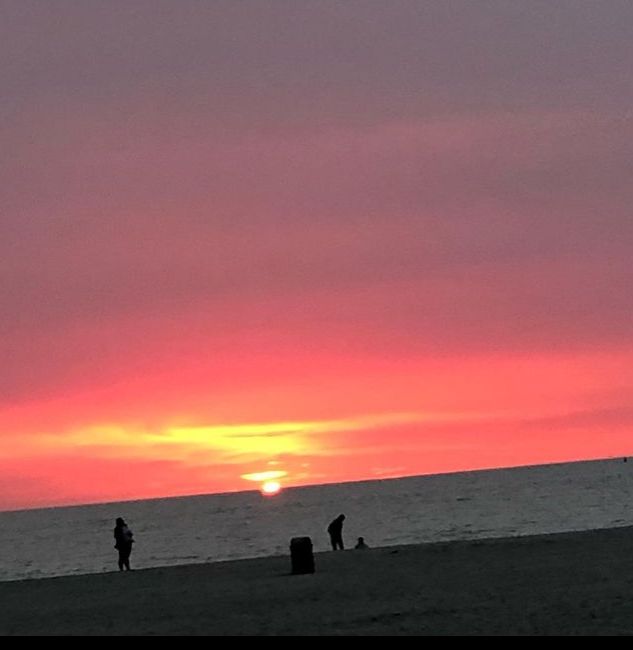
Slow research
One of the perks of having tenure, is the ability to think over a longer period of time.
Over the past year, I’ve been enjoying the fruits of some long-term research projects. In any other profession, I would never be able to sit on something for a decade without results, but academia does allow for some slowness and ample time for reflection.
Of course, there is a pressure to publish and sometimes it’s tempting to go for the low-hanging fruit. The culture of academia is influenced, of course, by the neoliberal nightmare we are all living through. And yet, we are still allowed to go against the grain and reserve our time to think, to deeply ponder a problem.
The first problem I’ve been pondering is the shear capacity of steel fiber reinforced concrete members. I first looked at this problem in 2015 when I got a small grant for this project. With a student of mine, we wrote a conference paper. I then let the research rest and picked it up after my maternity leave, in 2018. I then did a deeper literature review and compiled a database of experiments from the literature, each of these resulting in a journal paper. After that, I took a pause in this work again, to think deeper about the topic. Only last year did I propose a theoretical model, and the paper is in review. That’s a research span of eight years.
The second problem I’ve been pondering for a long while is the doctoral defense. I first started to document defenses in 2011 as I witnessed a defense in Delft and one defense in Georgia Tech, and I was triggered by the large differences between both. I gathered stories over the years. In 2020, I conducted a survey on the topic and wrote three papers from this survey. In 2021. my co-authored book on this topic was published. In 2022, I wrote a theoretical paper on the topic – 11 years after I started working on this topic.
And so, I invite you to take on a topic, unhurriedly, and chew on it, and play with it, and let it rest, and then look at it again – you may be amazed with the progress you can make over a long period of time.




So, so interesting. Thanks!